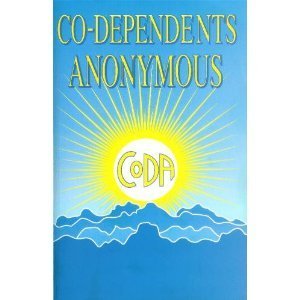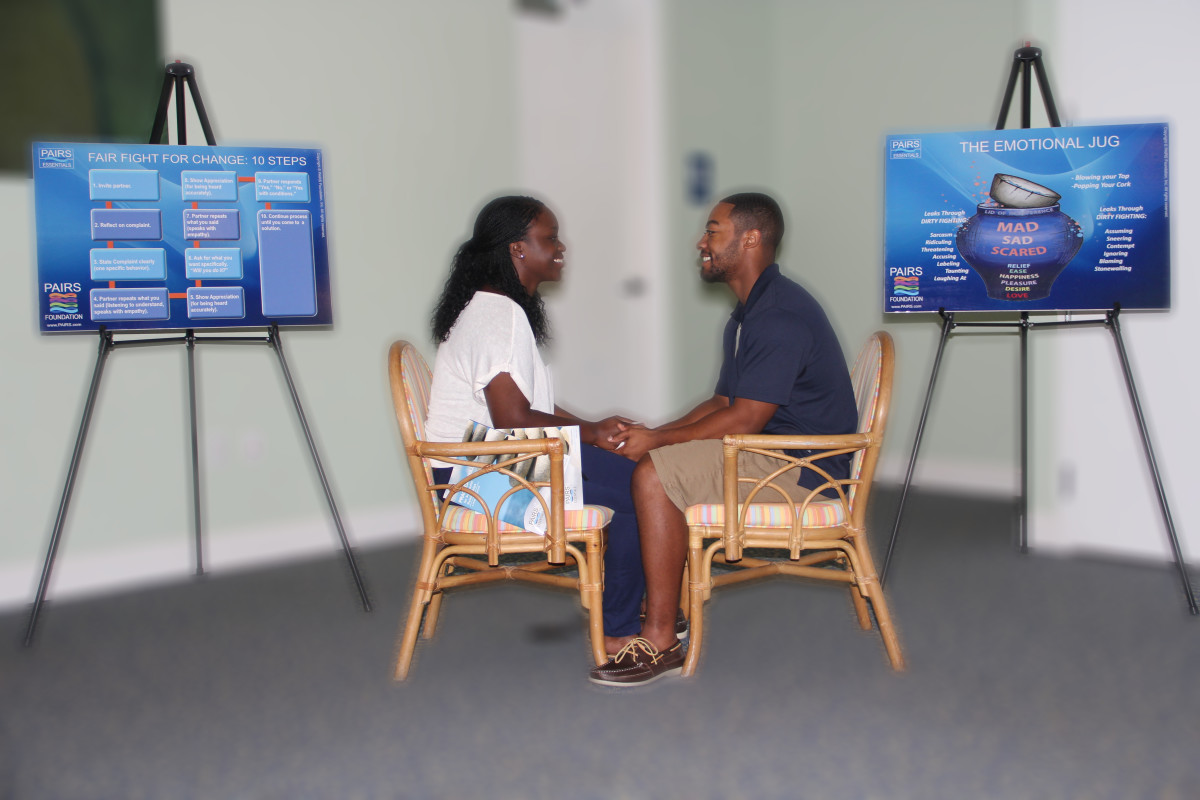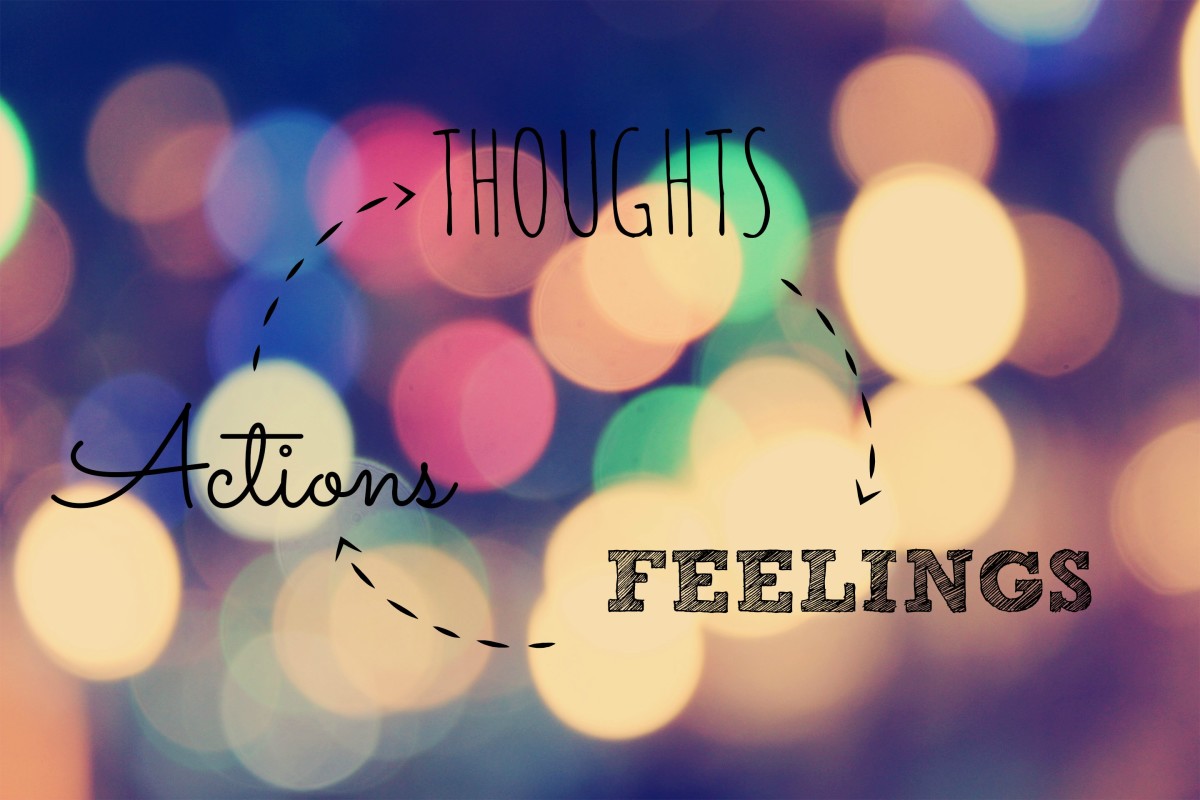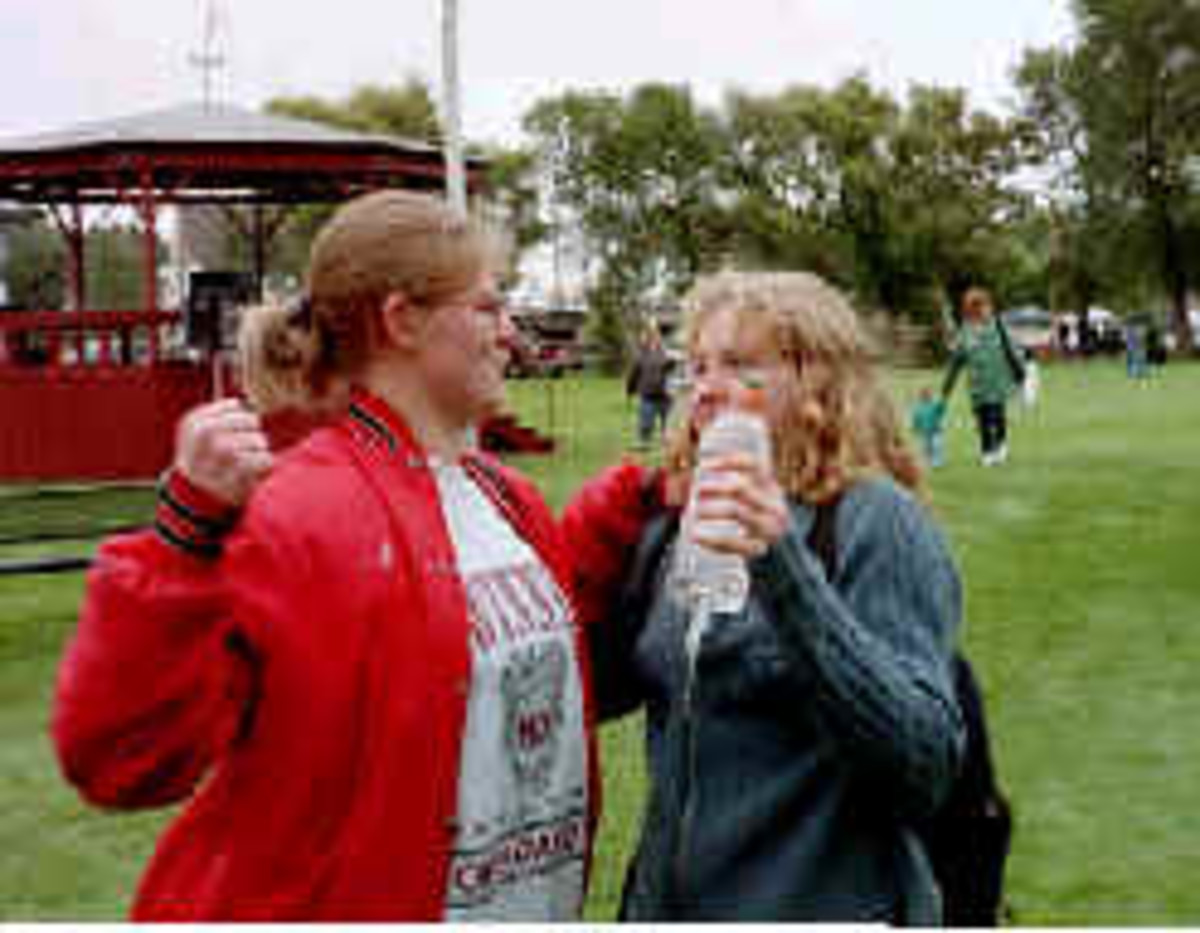CoDA: Co-Dependents Anonymous

CoDA or Co-Dependents Anonymous is a Twelve Step program for men and women recovering from codependence who desire healthy relationships. By participating in meetings and recovery activities, members learn to develop and maintain healthy relationships. They learn to recognize co-dependent patterns and how to change these patterns.
The concept of co-dependency or co-dependence emerged from studies that were done on families of alcoholics. The family members often focused their attention on the person with the alcohol problem, in a way that was obsessive and compulsive. The co-alcoholic or co-dependent was addicted to the addict! Similar patterns have been noticed in families where a member has a chronic physical or mental illness, in families where physical or emotional abuse occurs, and in families that are under a great deal of chronic stress.
In these families a lot of attention and energy is focused on the person who is ill or addicted. The co-dependent person sacrifices his or her own needs in order to care for the member who is ill. Children’s needs are often not met, and children are often required to fulfill adult responsibilities. Co-dependent behaviors are observed and learned in families, accepted as normal and passed on for generations.
Co-dependent behaviors can be found in families, churches, the work place, community organizations, friendships and intimate relationships. A person with co-dependent behaviors has difficulty developing and maintaining healthy relationships because he or she learned unhealthy relationship behaviors that were often one-sided and sometimes abusive.
There is some controversy about whether or not co-dependency is truly a distinct condition. It is not included in the Diagnostic and Statistical Manual of Mental Disorders (DSM), where all mental disorders are classified. Some say co-dependency is addressed as a dependent personality disorder or passive dependent personality disorder in the DSM. Others argue that co-dependent behaviors are normal, caring behaviors taken to extreme and are not necessarily a pathology or disorder. Whether it is officially classified or not, some characteristic patterns of behavior have been identified and CoDA groups offer support for people who are interested in developing healthy relationship behaviors.
The CoDA website has tools that can be used to help a person recognize co-dependent patterns and characteristics, and corresponding recovery patterns that a person moves toward in their recovery from co-dependence. There are four essential patterns: denial, self esteem, compliance, control, and avoidance patterns.
A person with a predominant denial pattern may have difficulty identifying feelings or have a pattern of denying feelings. As this individual makes progress in recovery, he or she is able to readily identify feelings and respond appropriately to them.
Another person may have a control pattern where they believe others are incapable of taking care of themselves, and need to be in relationships where they are “needed.” This person is likely to tell others what they should think and feel, and offers unsolicited advise to others. As this person recovers, he or she recognizes that others are capable of meeting their own needs, and learns to only offer advise when asked.
The CoDA website can be used to find a meeting, purchase recovery books and literature, find out about recovery events and news, or review the 12 steps, 12 traditions and 12 promises of CoDA. For example, the 2011 CoDA Conference is in Las Vegas in October and the 2011 International CoDA convention was in Denver in July. CoDA is currently looking for a webhost, and is inviting members to submit articles to share about coping with a loss, to be used for future publications. The website also has information about starting a new CoDA group, how meetings are structured, and guidelines for how to share and listen effectively in groups. Below are links to the CoDA website and to some popular links on the site.
The CoDA Closing Prayer
We thank our Higher Power
For all that we have received from the meeting.
As we close, may we take with us
the wisdom, love, acceptance, and hope of recovery.
CoDA Links
- Co-Dependents Anonymous
Welcome to Co-Dependents Anonymous, a fellowship of men and women whose common purpose is to develop healthy relationships. The only requirement for membership is a desire for healthy and loving relationships. - CoDA.org Meeting Resource Center
- Patterns & Characteristics of Codependence
- Recovery Patterns
- CoDA e-store: books, literature, medallions, tapes










